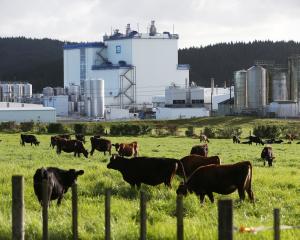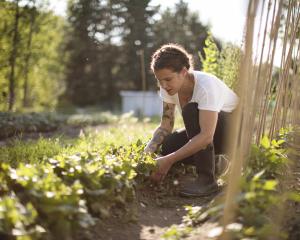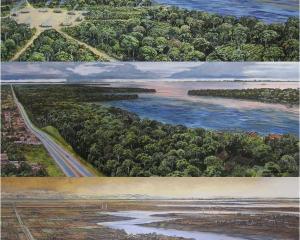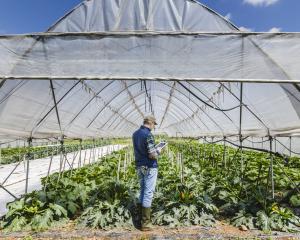

I don't mean discussing the latest cooking show on television, swapping recipes with neighbours or contemplating the implications of the latest up-tick or down-turn in global dairy prices. Those conversations are already occurring (and so many more). However, they are occurring in isolation.
I'm referring to a more purposeful and comprehensive discussion of what our food system might look like into the future and talking about what options and policies we might implement to make sure that the food system delivers the outcomes we want.
In New Zealand, food policy exists in a vacuum. We have agricultural policies that are focused on ensuring access to global markets through trade agreements for our agricultural products and policies to encourage and support agricultural intensification to increase production.
We have food safety policies to ensure that the food we export and the food that we consume is safe. But issues of food security and food justice, linkages to local economic development, social engagement around food, concern for agricultural labour and environmental sustainability of food for local consumption have been pushed to the margins and largely ignored.
The absence of action at the national level has, however, generated response at the local level. We are beginning to see a rise in local level engagement with food policy through things like the Good Food Dunedin Charter in Dunedin and food policy councils in other New Zealand cities. But is it time to have discussions about food in a comprehensive and holistic way at a national level? What might that look like?
With the rapid growth and expansion of cities, organisations, such as Horticulture NZ, have recently called for a national food security policy to address the encroachment of urban areas into high-value agricultural lands. One option to address these concerns might be to develop a National Policy Statement for Food under the Resource Management Act (RMA).
National policy statements are instruments designed to advance objectives and policies for matters of national significance. We currently have national policy statements related to urban development capacity, freshwater management, renewable energy generation, electricity transmission and coastal management. Surely food production is equally important.
There is, however, much more to food security than protecting food production. Food security also involves protecting individual's right to food - food that is accessible and appropriate. People who are food insecure and are going hungry are those that are living in poverty.
Therefore, food security responses are often not seen to be related to production. Rather, food security is seen as the domain of anti-poverty advocates and solutions involve raising incomes. Issues of food production and protection of agricultural land are of secondary importance in relation to the crisis of feeding hungry people. Clearly, these kind of issues are not suited for the narrow confines of the RMA.
But could we imagine bringing together stakeholders from across the food system together to have conversations to develop a roadmap that might create a food system that better reflects the outcomes we want?
That bold goal was taken up through the People's Food Policy project in Canada. It was a joint effort of over 3500 people from across the food system that met in church basements, kitchen tables and community halls over a period of three years to identify policies for local and national governments that would address the combined crises of obesity, food security, agricultural land preservation and declining numbers of farmers. It was based on the concept of food sovereignty, where people have the right to define their own food and agricultural systems to ensure that they have access to food that is healthy, culturally appropriate and environmentally sustainable.
Is the next step for the emergent local efforts to address food policy in New Zealand to make connections across cities and communities to figure out how we might collectively engage in developing a food policy for us all?
- Sean Connelly is a senior lecturer in the University of Otago department of geography. Each week in this column, one of a panel of writers addresses issues of sustainability.












